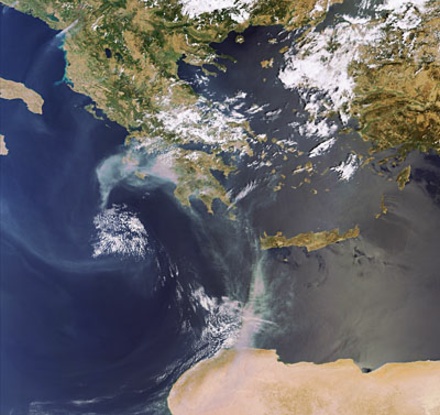 Back On The Market
Back On The MarketAUCKLAND, NZ – This week, I missed Wednesday.Normally, the perils of crossing the International...
 Tall, Dark, And Successful
Tall, Dark, And SuccessfulBOSTON, MA—“The trees are certainly shorter out here,” said Luke.The East Coaster in me bristled...
 The Days Of The Dead
The Days Of The DeadWith Halloween just around the corner, storefronts, lawn ornaments, and general décor have adjusted...
 Measuring Up To The Happiness Standard
Measuring Up To The Happiness StandardBy all accounts, my friend Lori has a fabulous sense of style. Plus, she really knows how to find...







